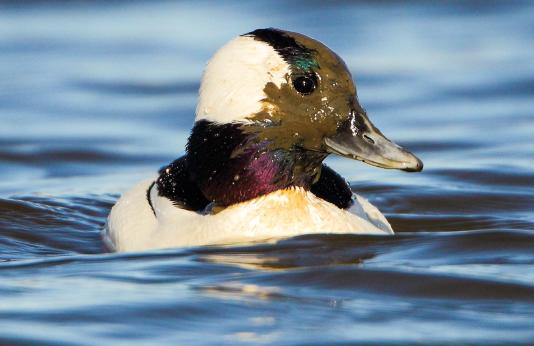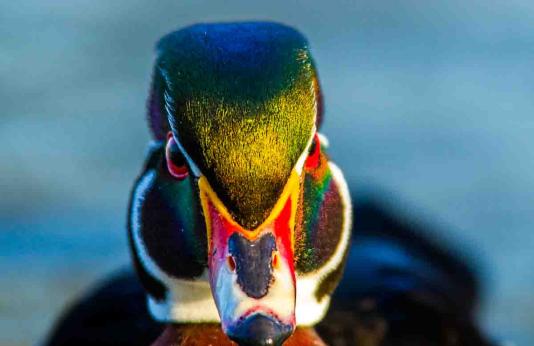Do you enjoy long winter naps? So do groundhogs, bats and bears. These are among the warm-blooded animals that hibernate.
Hibernation, or “winter sleep,” is a complex response to extreme conditions. Hibernators go into a deep sleep by slowing down their heartbeat and breathing, and lowering their body temperatures. By reducing their energy demands, hibernators can survive the winter on stored body fat.
Fat makes up about one-third of a groundhog’s fall weight. They can reduce their body temperature to as low as 43 degrees during hibernation.
Big brown bats, when active, have body temperatures about the same as humans, and they breathe about 200 times each minute. But during hibernation, their temperature approaches that of the surrounding air, all the way down to freezing! And they go for long periods with no breathing at all.
Black bears lose about one-quarter of their weight during hibernation, but bear hibernation is different from that of rodents and bats. Bears lower their body temperature only a few degrees and they are easily aroused from their dormant state. This alertness allows mother bears to care for their cubs that are born during the denning period.
Peculiar Hibernators
The Conservation Institute overviews some lesser known hibernators.
- Wood frogs hibernate inside logs or burrows or under rocks or leaf piles. During the cold of winter, when in hibernation, they actually stop breathing, their heart stops and ice crystals form in their blood. When the weather warms, they defrost, and their lungs and heart go back into action.
- During the cold winter months, skunks get comfy in their dens and torpor (light hibernation) in the company of their close family. During their few month torpor, they occasionally wake up and come out to scrounge up something to eat.
- Many a loving pet owner have cried out in dismay when they found their hamsters dead, only to learn they were actually in torpor (a light hibernation). Once those hamsters were rustled about, they probably awoke pretty grouchy and scared. Hamsters hate being awoken from this state. In addition, the sudden disturbance can cause a heart attack, literally scaring them to death. Hamsters torpor for a few days to a week at one time when the weather is cold. They will only torpor if there is plenty of food nearby so they can snack during brief waking bouts.

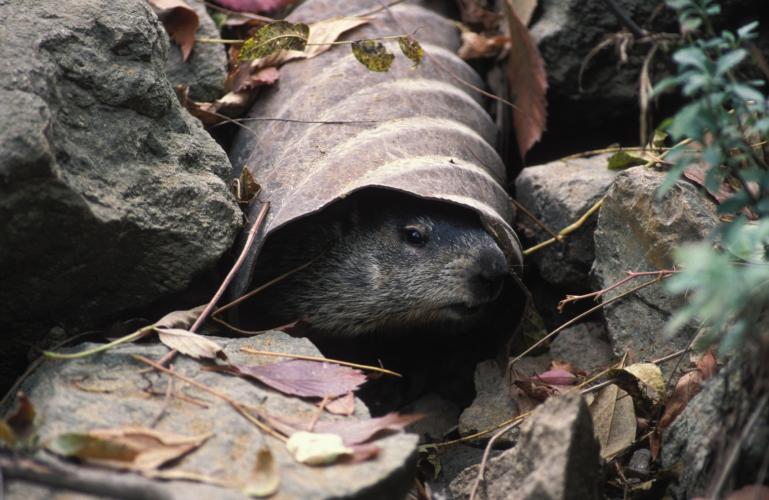

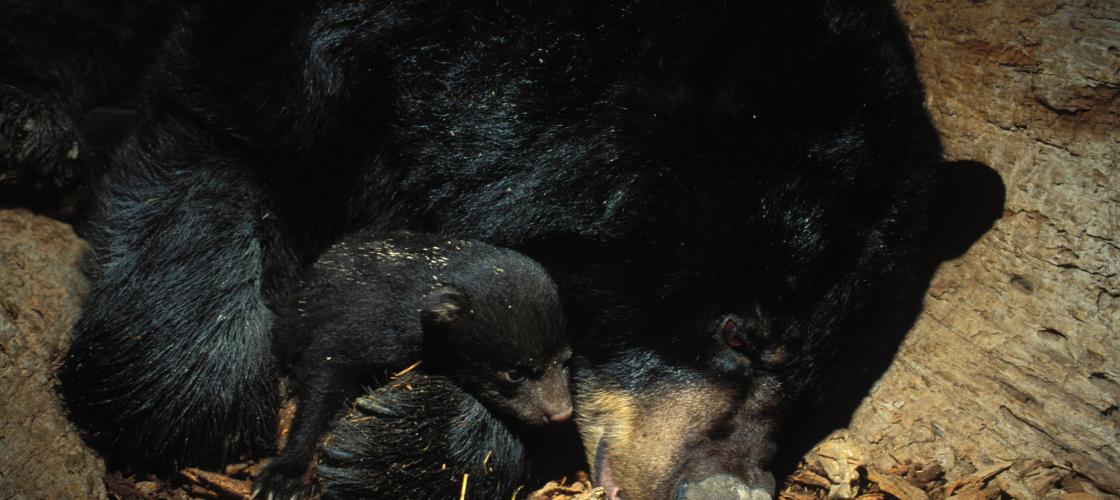
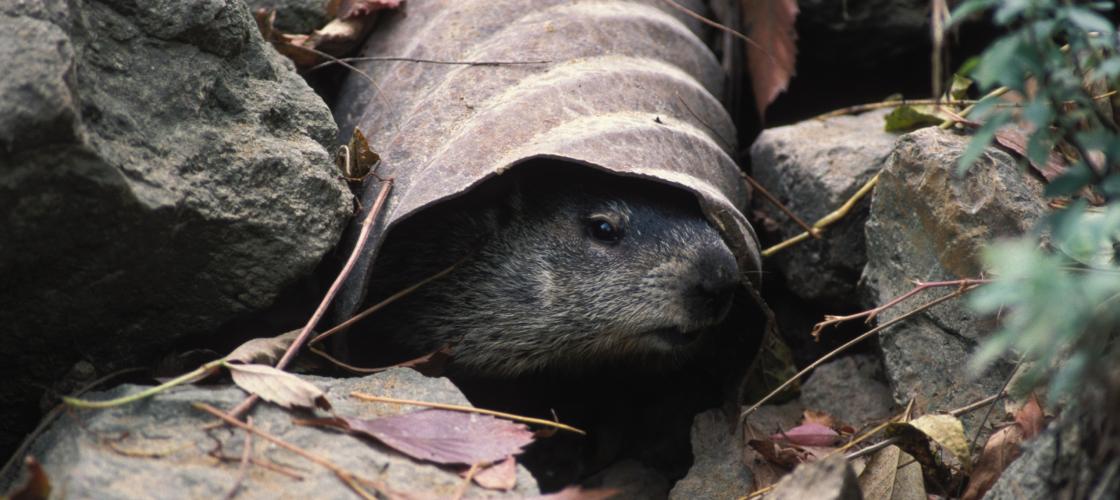

Recent Posts
